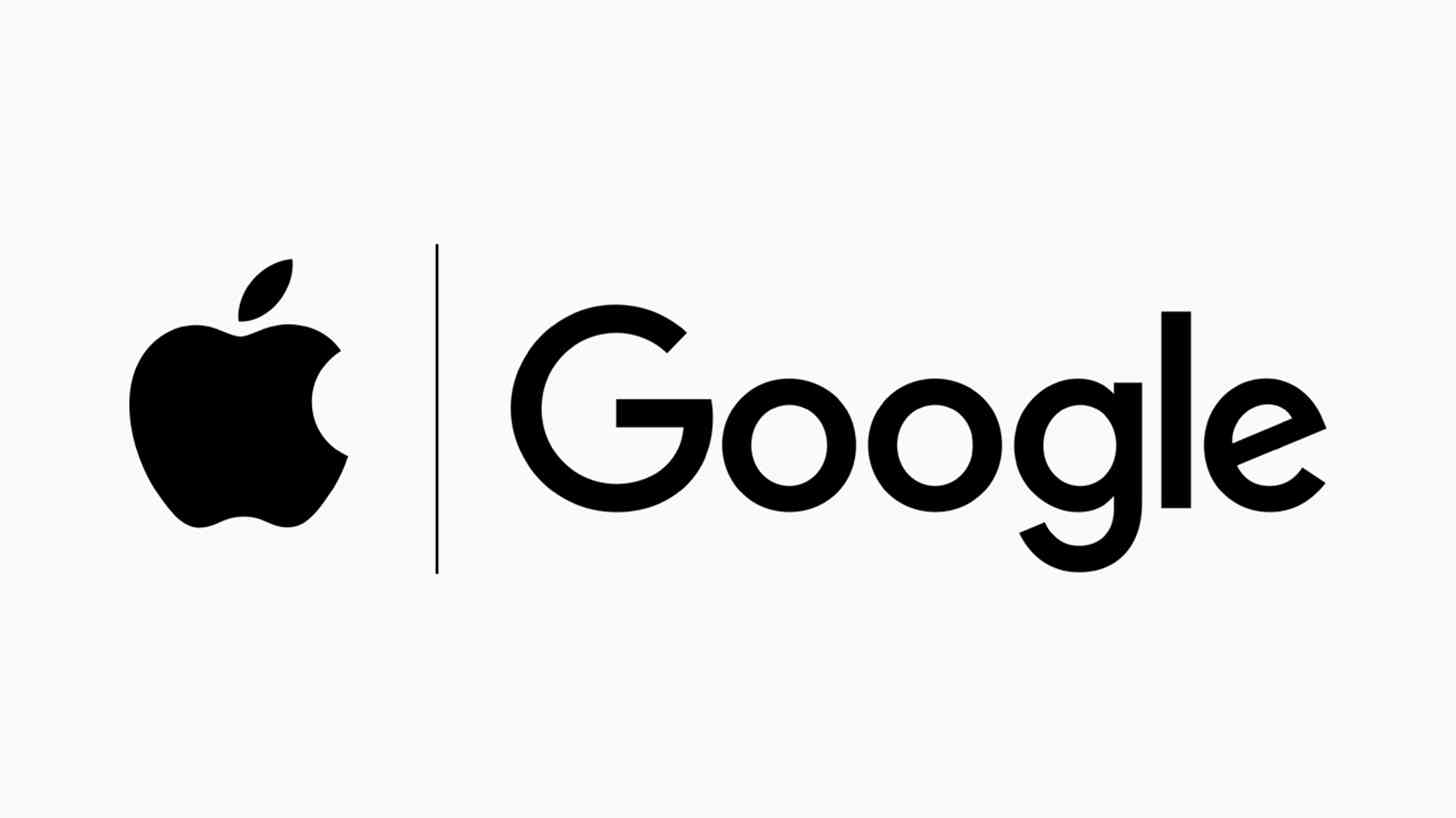
A couple of weeks after Apple and Google revealed that they were teaming up on a contact tracing initiative to fight the spread of the coronavirus, the two companies say they've made a few changes to their project based on feedback.
Apple and Google are now referring to their project's goal as "exposure notification" rather than "contact tracing" as they feel that it better describes what their API does, notes MacRumors. The goal of the initiative is to alert a person that they may have been exposed to the coronavirus using anonymous identifiers exchanged by their phones.
These keys will be randomly generated. Apple and Google previously said that they'd use a temporary tracing key, but have decided to change to randomly generated identifiers to make it harder for someone to guess how the keys are made and then use that info to track people. Additionally, Bluetooth metadata will be encrypted to make it harder for someone to identify a person using the info.
Exposure time will be recorded in five minute intervals, with a maximum reported exposure time topping out at 30 minutes.
This API will include information about the power level of the Bluetooth signal in the data that's exchanged between two phones, which can be used with a Received Signal Strength Indication to better estimate the distance between two phones when they were close to each other. Apple and Google will allow devs to specify signal strength and duration thresholds for exposure events.
Additionally, the API will be able to determine the number of days since the last exposure event to better help the user determine what steps they should take next.
And finally, the encryption algorithm for the API is being changed from HMAC to AES, which could help improve performance and efficiency since many phones have hardware to speeding up AES encryption.
Apple and Google say that the seed version of the iOS and Android updates that support these APIs will be released next week so that developers of public health authorities can test them out.
The two companies have stressed that user privacy is an essential requirement of their COVID-19 tool. A user's location isn't required for the Bluetooth spec, and users will need to provide explicit consent in order for their location to be optionally used.
If you've got questions about the tool that Apple and Google are building, the two companies have released an FAQ that you can find right here.